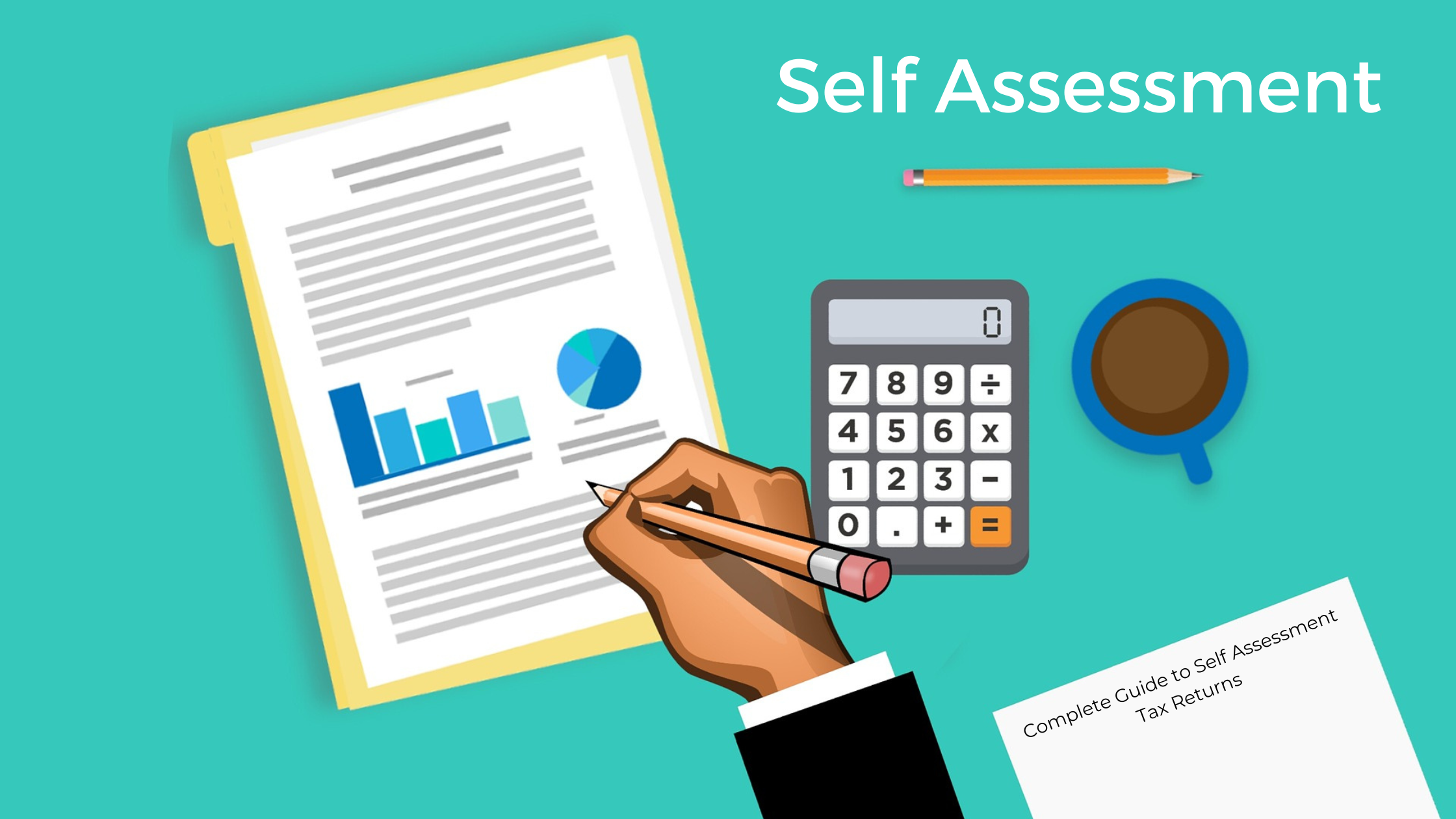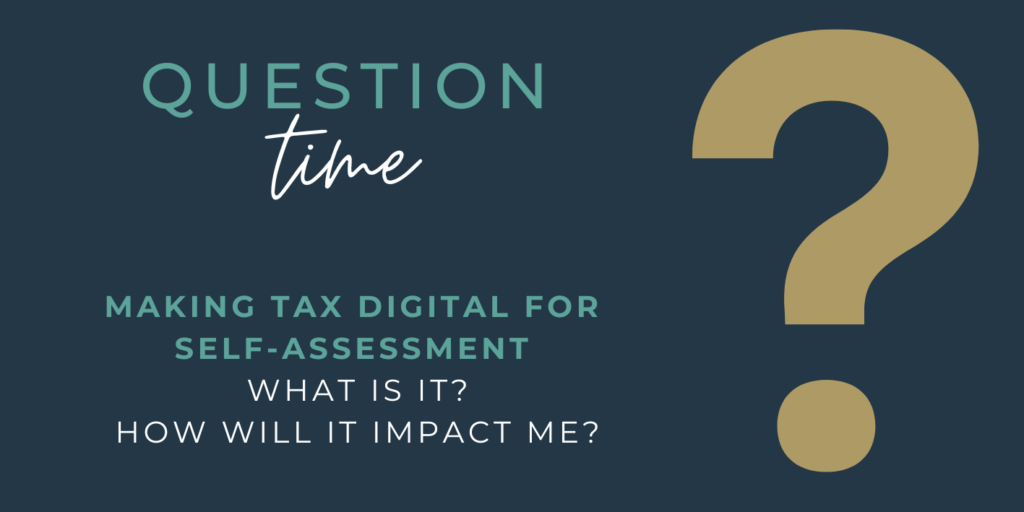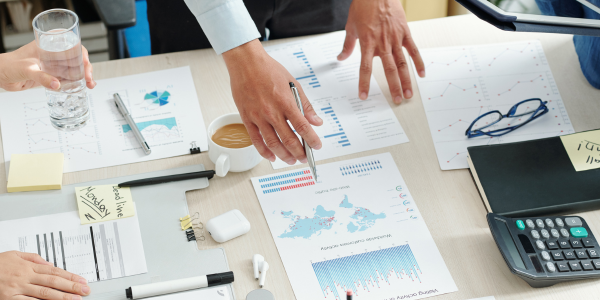Self-Assessment: A Complete Guide
Self Assessment tax returns were filed by 10.2 million people for the tax year 2020/21, or approximately one third of all UK income tax payers. Completing Self Assessment (SA) returns correctly is important for tax payers, and for the government as well, because so much revenue comes from income tax and national insurance contributions.
At Perrys Chartered Accountants we help numerous clients with Self Assessment tax returns, ensuring that they pay neither too little nor too much tax. We provide authoritative advice on allowable expenses and reliefs. We also make sure that our clients meet tax filing deadlines, and avoid interest and penalties for late returns and payments.
To discuss Self Assessment with our team, contact us today for a free initial meeting.

Who does HMRC require to file a Self Assessment return?
The 10 million or so taxpayers required to complete a SA return include:
- sole traders and the self-employed with taxable income over £1,000
- partners in business partnerships
- directors of limited companies
- employed staff earning over £100,000
- anyone receiving income over £2,500 from property rental
- anyone liable for chargeable gains under Capital Gains Tax rules for selling property, shares or other assets
- anyone with income over £10,000 from savings and investments
SA returns are also required for higher earners claiming Child Benefit, people earning income abroad, people living overseas but receiving income in the UK, trustees and anyone who did not pay enough tax in the previous year.
If you are unsure about whether you are required to complete a SA return, the Perrys team can advise you. You are also able to use this helpful online guide from gov.uk where, by answering a short series of tick box questions, you can see whether you need to complete a SA return.
How to register for self assessment tax returns
To manage taxes online, you need to register for HMRC online services through Government Gateway. Registering for a Government Gateway is required in order to complete your first online SA return, and also if you have only previously provided paper returns.
The registration process is reasonably straightforward, and once completed you will be able to register for online SA returns, as well as for other business and personal taxes. To inform HMRC you need to complete a SA return. There are various ways to register depending if you have completed a SA return before and the reason for registering. Please click here to see the different ways to register. As part of the registration process you receive reminders from HMRC about filing your SA return and if registering for the first time, you will be sent a Unique Tax Reference (UTR).
If you have only filed tax returns by paper, you will also need to register. If you have previously filed a return online, but did not do so for the preceding tax year, you need to re-register through Government Gateway.
If you prefer, you can ask your accountant to look after the registration process on your behalf, as we have done for many Perrys clients.
National Insurance – Do I pay through self assessment?
Self Assessment for the self-employed also covers Class 2 and Class 4 National Insurance (NI). Your self assessment SA302 calculation will include NI contributions.
What are the deadlines for Self Assessment returns?
The deadline for online SA returns is 31 January for the tax year ending on the previous 5 April. For paper returns the deadline is 31 October, 4 months earlier. You also need to pay the tax you owe by 31 January.
What are payments on account?
Payments on account are designed to spread the payment of income tax and national insurance across two payments. Payments on account are only due for tax liabilities over £1,000 and each payment is half your previous year’s tax bill, and are due on 31 January (together with the tax you owe for the previous 5 April SA return) and 31 July.
How do I pay my Self Assessment tax bill?
There are several options for payment of your tax bill.
For same day or next day payments:
- through your online bank account
- online or telephone banking (Faster Payments)
- CHAPS
- by debit or corporate credit card online
- at your bank or building society using a paying-in slip from HMRC
In 3 working days
- Bacs
- Direct Debit (if you’ve set one up with HMRC before)
- by cheque through the post
In 5 working days
- Direct Debit (if you have not set one up with HMRC before)
Self Assessment FAQs
Can paper returns be filed?
At present paper returns can be filed, however, a deadline is in place for April 2024 (revised from April 2023) for the introduction of Making Tax Digital (MTD) Income Tax Self assessment (ITSA)
Does MTD software make online returns easier?
MTD compliant software such as Xero, Sage, Freeagent and Quickbooks has helped to make the completion of VAT returns faster and more accurate. MTD for VAT became mandatory for all VAT registered businesses on 1 April 2022, and there is a deadline for ITSA scheduled for April 2024.
Perrys Chartered Accountants will be providing a free seminar to provide more information related to MTD ITSA so please keep a look out for future announcements.
Can I amend my Self Assessment return?
You can make changes to your tax return during the 12 months following the 31 January payment deadline, although not within 72 hours of submitting your return. If you miss the deadline or if you need to make a change to your return for any other tax year you’ll need to write to HMRC. Your tax bill will be updated based on your changes, which could result in you needing to pay more tax or to claim a refund.
Do SEISS payments need to be declared?
Payments received through the Self Employment Income Support Scheme (SEISS) do need to be declared on your SA return.
For expert advice on self assessment tax returns, please contact Perrys Chartered Accountants now for a free initial meeting.








